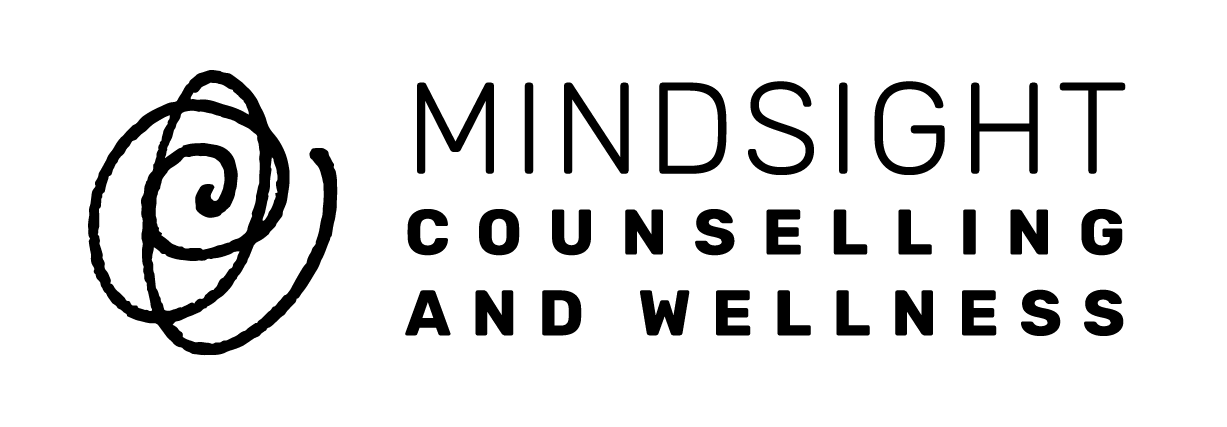Book review by Laurel
Lost connections
Sub-title: Uncovering the Real Causes of Depression – and the Unexpected Solutions
Author: Johann Hari, 2018
I appreciate this book because Hari is telling his own story of realization as an insider whom has relied on medication and psychiatrists for much of his life. He brings a journalist's research skills and writing, which he then marries with the vulnerability of a person struggling with depression and trying to understand his struggles with mental illness, the medical system, and the pharmaceuticals he has depended upon.
Quotations and ideas that stand out to me:
“I had my story. In fact I realize now, it came in two parts. The first was about what causes depression: it’s a malfunction in the brain, caused by serotonin deficiency or some other glitch in your mental hardware. The second was about what solves depression: drugs, which repair your brain chemistry. I liked the story. It made sense to me. It got it me through life.” (Page 9)
The story we have been told up to recently about depression is that it is caused by a malfunction in the hardware of the brain and/or by your genes, this puts forth the idea that it is something innate, in your very flesh. (Page 9)
Anxiety and depression overlap, “that they are separate is not born out in the evidence.” Anxiety and depression are like different versions of the same thing. Some funding bodies have stopped funding studies that present depression and anxiety is different diagnoses. (Page 13)
“Nobody seems to know quite what these drugs do to us, or why — including the scientists who most strongly support them. There is a huge argument among scientists, and no consensus. (Page 19)
“That the notion depression is caused by a chemical imbalance is just “an accident of history”, produced by scientists initially misreading what they were seeing, then drug companies selling that misperception to the world to cash in.” (Page 29-30)
“The idea you feel terrible because of a ‘chemical imbalance” was built on a series of mistakes and errors. “ (Page 30)
This book described how depression and unhappiness can be thoughts of as on a continuum and eloquently highlights the significance of social connection to human well-being.
About the author:
Laurel is a Registered Clinical Counsellor offering therapy in Vancouver.
Reach out for help! Get in touch for a free 20 min phone consult. 608-868-4838

